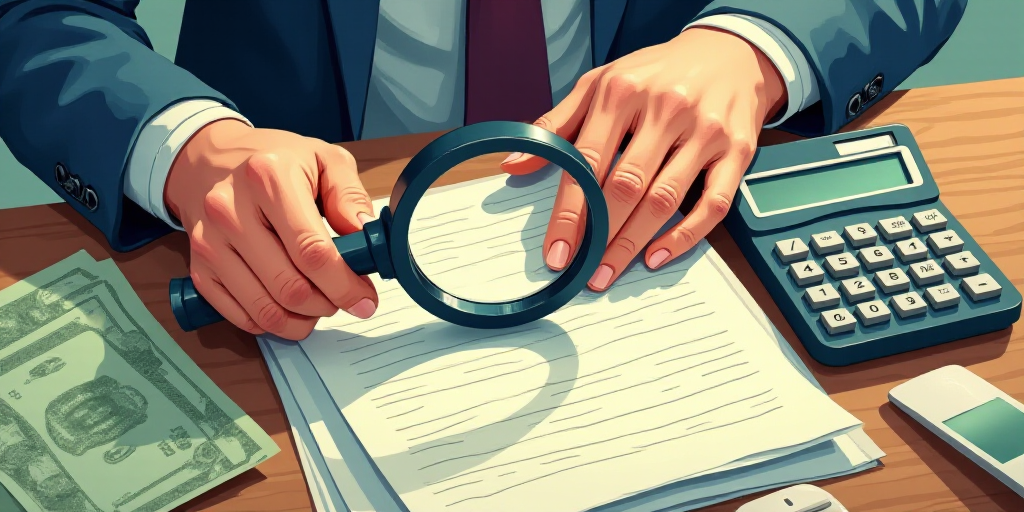Introduction
If you’ve stopped paying on a credit or credit card, the financial institution that granted you the loan has likely reported you as delinquent. This can lead to various consequences affecting your financial situation, including impacts on your credit history, potential legal disputes, and how financial institutions may demand full debt repayment.
Impact on Your Credit History
According to Mexico’s Bank of Mexico (Banxico), as of July this year, the outstanding balance for credit cards, payroll, and personal loans reached 41,655.2 million pesos. Users with outstanding balances in these products face several repercussions, from credit history impacts to possible legal disputes.
Delinquency is defined when a user stops paying fixed-payment credits or the minimum payment on their credit card, typically after 90 days of being overdue.
Ángel González, General Director of the National Organization for Debtor Defense, explains that the primary consequence is a negative impact on credit bureaus. “Whether it’s Buró de Crédito or Círculo de Crédito, your history will be affected,” González says. “This makes it difficult to access new credits in the future.”
Wolfgang Erhardt, Buró de Crédito spokesperson, clarifies that depending on the days of delay, a payment behavior key is assigned: “the key 1 indicates punctual payment,” while the key 9 records delays exceeding 12 months, unrecovered accounts, or fraud.
Delinquency implies greater risk of non-compliance and a higher level of debt due to late fees and penalties, Erhardt states. This also affects the score on the “Mi Score” risk index.
Institutions’ Actions to Demand Payment
Another significant aspect is the actions financial institutions can take to demand debt repayment, which may range from reminders to legal proceedings.
“Once a user is reported as delinquent, the bank has the right to demand full payment of the debt,” González comments. “No more monthly or minimum payments are allowed.”
This requirement can be managed amicably through the internal collections department or via external agencies, who must adhere to the Comisión Nacional para la Protección y Defensa de los Usuarios de Servicios Financieros (Condusef) rules.
In this scenario, Ángel Hernández recommends renegotiating the debt or finding ways to settle it, as the debtor enters what’s known as “moral legal” status, allowing the institution to initiate a legal process to recover payment.
Institutions can file a lawsuit within the next 10 years; after that period, the debt prescribes. However, collection agencies may still request payment within their procedures.
Key Questions and Answers
- What happens if I stop paying my credit or credit card? If you cease payments, your financial institution will likely report you as delinquent. This can negatively impact your credit history, making it difficult to secure new credits in the future.
- How does delinquency affect my credit score? Delinquency can lead to a negative impact on your credit history, assigned keys (like Buró de Crédito’s key 9), and increased risk levels on your “Mi Score” index.
- Can institutions demand full debt repayment? Yes, once you’re reported as delinquent, financial institutions can demand the full payment of your debt. This typically means no more monthly or minimum payments.
- What actions can institutions take to recover the debt? Institutions may send reminders, engage in friendly negotiations through internal collections departments or external agencies, and, if necessary, initiate legal proceedings within 10 years.






